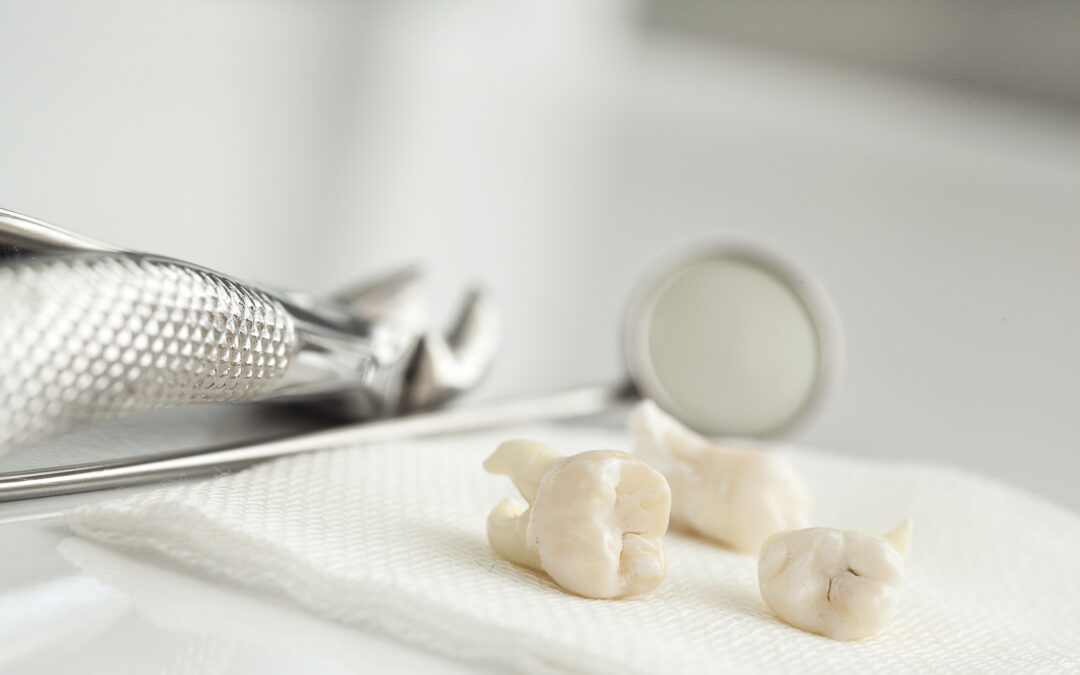Introduction
In the world of dentistry, collaboration and exchange of expertise are invaluable assets for delivering optimal oral healthcare. While each country may have its own unique dental practices and approaches, there is immense value in dentists from different regions working closely together. In this article, we explore the benefits of fostering collaboration between dentists in Greece and Germany, highlighting how such partnerships can enhance patient care and professional development.
1. Sharing Knowledge and Expertise:
Dentistry is a field that constantly evolves with advancements in technology, techniques, and treatments. By connecting dentists from Greece and Germany, there’s an opportunity to exchange knowledge and expertise. For instance, Greek dentists may bring insights into traditional dental practices or unique challenges they face, while German dentists can share their experiences with cutting-edge technologies and research. This exchange can enrich both parties and lead to enhanced patient outcomes.
2. Cultural Diversity in Patient Care:
Greece and Germany boast rich cultural diversity, and this extends to their healthcare systems, including dentistry. Dentists from each country can learn from one another about culturally sensitive approaches to patient care. Understanding different cultural norms and expectations can help dentists provide more personalized and effective treatments, catering to the diverse needs of their patients. This collaboration can also foster a deeper appreciation for cultural differences and promote inclusivity within the dental profession.
3. Addressing Common Oral Health Challenges:
While Greece and Germany may have distinct healthcare systems, they often face similar oral health challenges such as periodontal disease, dental caries, and oral hygiene issues. By working together, dentists can pool their resources and expertise to address these common challenges more effectively. This may involve sharing best practices in preventive care, treatment protocols, or even collaborating on research projects to develop innovative solutions to oral health problems.
4. Strengthening Professional Networks:
Building professional networks is essential for career growth and development in any field, including dentistry. By fostering connections between dentists in Greece and Germany, opportunities for networking and collaboration can be amplified. These connections can lead to referrals, mentorship opportunities, and collaborative ventures that benefit both individual practitioners and the dental profession as a whole. Moreover, with the advancement of technology, dentists can easily connect with their peers globally, including in countries like Australia, further expanding their professional networks. Connecting with dentists even in Australia opens up opportunities for cross-cultural exchange, collaborative research, and sharing of best practices, enriching the global dental community and ultimately benefiting patients worldwide.
5. Enhancing Continuing Education:
Continuing education is crucial for dentists to stay updated on the latest advancements in their field and maintain licensure requirements. Collaborative efforts between dentists in Greece and Germany can facilitate access to a wider range of continuing education opportunities. Whether through conferences, workshops, or online courses, dentists can leverage each other’s networks to access high-quality educational resources. This cross-pollination of knowledge can lead to continuous professional growth and ensure that dentists remain at the forefront of dental innovation.
6. Promoting Research and Innovation:
Research is the backbone of advancements in dentistry, driving innovation and improving patient care. By fostering collaboration between dentists in Greece and Germany, there’s a unique opportunity to initiate joint research projects and share resources for scientific inquiry. Whether investigating new treatment modalities, exploring oral health disparities, or conducting clinical trials, collaborative research endeavors can yield valuable insights and contribute to the advancement of the dental profession on a global scale.
Conclusion
In conclusion, the collaboration between dentists in Greece and Germany holds immense potential for advancing oral healthcare and professional development. By sharing knowledge, embracing cultural diversity, addressing common challenges, strengthening professional networks, enhancing continuing education, and promoting research and innovation, dentists can elevate the standard of care for patients while fostering a sense of unity within the dental community. Furthermore, with the ease of connectivity in today’s digital age, dentists can extend this collaboration beyond borders, connecting with peers worldwide, including in countries like Australia, for a truly global impact on oral health. Together, dentists can work towards a future where access to high-quality dental care knows no bounds.

